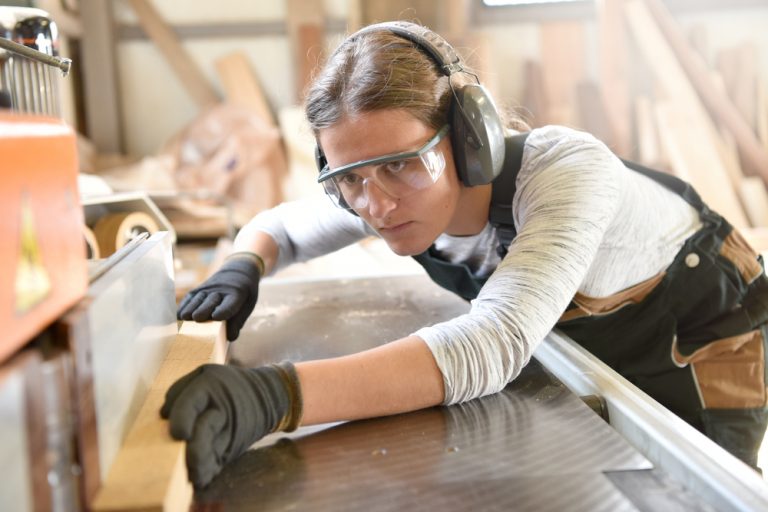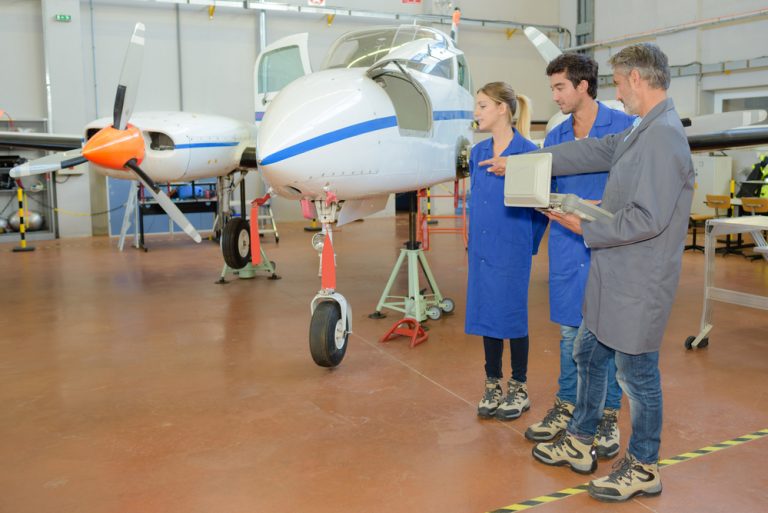Apprenticeships career advice
Apprenticeships:
Apprenticeship is becoming a fast growing area of growth and is getting a lot of attention in industry.
Apprenticeship is a great way to become skilled and competent in your role.
The apprenticeship model is being used more and more as it’s a good way to ensure you are training people up in your company that know how to apply theory to practice.
It’s always a good idea to have strengths testing done so you will know which area are your strengths.
With the new apprenticeships in particular, the Insurance Practitioner Apprenticeship brings significant advantages for businesses struggling due to skills shortages and who are under pressure to get staff through minimum competency qualifications. For these organisations, the programme is a cost-effective way of building their talent pool and developing missing skills and competencies.
As described recently by industry Apprenticeships help to create this pipeline of leaders who have committed to the industry from a young age. Instead of ‘falling into insurance’ as so many describe their start in the profession, apprentices will choose to become part of the sector and will place value on their own professional development and be the future leaders of the sector.
What is an apprentice?
An apprentice is a person who is studying a particular craft or profession. It gives the apprentice an opportunity to combine education with hands-on experience in the area that they want to work in.
Apprenticeship is a programme of structured education and training which formally combines and alternates learning in the workplace with learning in an education or training centre/colleges.
It is a dual system, a blended combination of on-the-job employer-based training and off-the-job training. This will prepare the apprentice for their role with skills to take up the role straight from qualification. An apprenticeship leads to a qualification nationally recognised by the NFQ from level 5-Level 10.
What Training is involved?
Apprenticeship development and roll-out is overseen by industry-led groups working with education and training providers and other partners. All new apprenticeships developed in Ireland after 2016 will follow this new apprenticeship approach and they will:
- Be industry led
- Be two years duration as a minimum
- Involve learning that alternates between a workplace and an educational or training institute
- Be a minimum of 50% on the job training
- Be part of formal Education and Training
- Be substantial in depth and duration, in order to prepare Apprentices to work autonomously and competently in a specific occupation
- Apprentices employed and paid under a Contract of Apprenticeship
- Apprentices paid a salary for the duration of the apprenticeship (on-the-job and off-the-job)
What do I need?
You will need to have attained a level of education depending on the apprenticeship they have different levels of requirements. If its a craft apprenticeship you will need the following:
- Safe Pass
- Manual Handling cert
For the craft apprenticeship it’s always useful to have training certs in areas applicable to that industry.
For non craft apprenticeships there are other useful training certs which will give you an advantage when applying for the apprenticeship.
Most importantly do your research know about the apprenticeship.
There is plenty of information online to tell you what the apprenticeship is and what modules you will cover while training. Know about the company/Industry you are going into.
What Education is required?
This depends on the apprenticeship Most look for leaving cert at a minimum some will allow without. There are different criteria depending on which apprenticeship you apply for. Fof example anyone applying for Electrical & Instrumentation would need a L4/L3 as a minimum in their leaving cert to be able to pass their phase exams.
The Finance apprenticeship would again need a good level of maths. It all depends on the apprenticeship you are aiming for. Thankfully there is a rainbow of apprenticeships now which means there is an opportunity for anyone who wants an apprenticeship to get going.
How does the system work?
When you are looking for an apprenticeship firstly do your research on the apprenticeship itself.
Then start to research companies that give these apprenticeships, This is so important picking the company you serve your time with is like picking a college course, essentially this is going to give you an idea of which area of the industry you will be qualified and skilled in. For example if you go for Electrics are you going to be a Domestic Electrician, Industrial Electrician, or a specialised Electrician where you serve your time will dictate this obviously you can change paths in the future but with some research it might help you to make the right decision now.
How it works is you get all your ducks in a row ready to apply, have all your c.v., certs and documentation ready to roll. Then it’s the employer that will give you your apprenticeship; they recruit you and register you with Solas.
What are employers looking for?
- In most cases you will have to go through a selection process, this starts with you applying for the job that is the first step in this process
- Don’t forget you don’t know who you are speaking to so always be helpful and courteous when anyone calls regarding the position.
- Provide all information on your C.V. they don’t know you yet, so it’s up to you to ensure they do
- Provide all paperwork needed up front, don’t have them asking for everything get organised
- Get as much prepared as possible any courses needed have them done
So what are employers looking for. Well when training up an apprentice it takes time and money but also is very rewarding and produces a competent employee. Somebody recently told me he felt the difference between University and serving an apprenticeship was he could sit in tutorials and not engage if he wanted, now in apprenticeship it was like having one on one grinds all day.
Can you imagine the effort and time that goes into every day from the employer and apprentice perspective but the massive advantage is you come out the other side after 2/3/4/5/ years very skilled and very employable.
In my experience when looking for an apprentice I wanted to see the following:
- Interest in the job/apprenticeship with a passion for the role
- Researched the apprenticeship without being told to
- Knew the steps involved
- Had some work experience or at least shadowed someone for a day, to show they have experienced the job in some way
- Knew the different sectors of the industry
- Has occupational for the job
- Can be organised and self driven
- Ambitious will study in college phases and ensure they do well in exams
- Understand that its up them and the employer to make this work
- Diligent will show up on time, every day
Interview:
As the person previously on the other side of the desk at interview for a number of years my perception was always those who prepared performed the best at interview. It’s a time when you are nervous and can forget to point out your strengths and showcase your personality and interests.
Bring your notes, read them before the interview, know about the company, do your research, know what kind of business it is and who they cater for.
Take notes from the business profile, its core values and what it is striving to achieve if this aligns with your values and you believe in what it’s striving towards. Present yourself well but be comfortable in how you feel. Everyone expects you to be nervous this can be a good thing. It means you care. Most interviewers will put you at ease, they want to achieve the best interview possible for you to showcase yourself. Remember they want to hire it’s up to you to present yourself as the only option.
Outcome
So there are great ways to prepare yourself for an apprenticeship you can look at PLC programs there are great ones out there. Also Colleges are now providing courses on pre apprenticeships. Don’t sit, get going, part of a good apprentice is someone who will get moving and find a way to get the job done. Start as you mean to go on there is so much good and strength in serving an apprenticeship spending your time training and building competency while you learn the theory. This is going the future in a lot of industries. We already see some degree programs in college using the apprenticeship model.
The future is bright, Just go out there to start living it!






We always make sure to provide you with sound advice
Don’t miss a thing! Subscribe to our newsletter
follow us
Careers Guidance
&
Career
Advice
